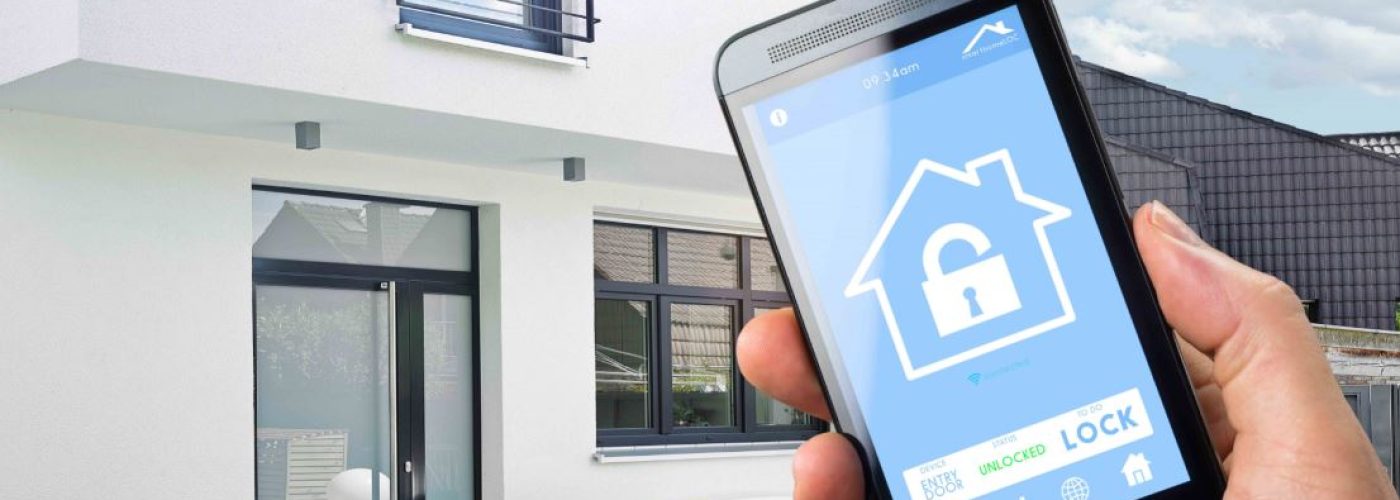Today’s modern homes are a shining example of how well technology can enhance our lives.
The advent of the Internet of Things (IoT), and vast networks of interconnected devices, mean our homes have gone far beyond the tech essentials we’re relied on for the past few decades. With smart devices and internet-enabled gadgets, we can already do all manner of things like managing our house affairs with a tap of a button.
Whether it’s watching a live stream from your front door, adjusting the thermostat via an app before you get home on a cold day, or even communicating with your fridge and asking it to create a shopping list for you, there are so many things you can do now with technology.
These technologies have been proliferating for a few years now, and some technologies are now staples, including digital assistants like Alexa or Siri, video doorbells, and smart controls for lights and heating and cooling systems.
So what does the future hold, and will our houses become even more exciting?
Your home could start anticipating your needs
Artificial intelligence is designed to perform just as well as humans do, and this can include anticipating our needs at home. Smart houses can use AI capabilities to simplify our lives greatly.
Think robotic vacuums that learn when and how to clean specific areas of your home and then start doing this without an app command, or sprinkler systems that use weather data combined with your watering habits to predict what your plants need.
You’ll have more time to concentrate on the more important things when your AI devices wash and dry the clothes for you, adjust the interior temperature to suit the preferences of the people present in the house, play music, and so on. LG’s DeepThinQ 1.0 technology is already on the market in several of the company’s devices, and these kinds of AI-powered home help are just around the corner.
Security is becoming more important
Connected user accounts and the fact that controls for smart homes are accessible online mean that smart homeowners are a growing target for digital threat actors. We note digital here because it’s far easier for a burglar to break open one’s front door than to crack into a smart digital lock, for instance.
But because these devices are connected to a single home Wi-Fi network, which is connected to the owner’s handheld device, there is a significant potential for hackers to gain access to other lucrative accounts than your video doorbell can offer. In one famous case, hackers managed to access a casino’s systems via a smart fish tank.
In addition, several reports have been detailing intimate partner violence (IPV) carried out via smart home devices and growing awareness among experts of the potential for digitally mediated abuse. In 2018, for instance, Ross Cairns was convicted of eavesdropping on his ex-wife via a microphone in a wall-mounted tablet that controlled her home’s heating and lighting.
Convenience has always come at a price, be it our online privacy or the security of our smart homes. As home tech advances, the standards we apply to keep our internet-connected homes secure will advance, too, becoming more stringent.
Daniel Cooley, Chief Strategy Officer at Silicon Labs, told Time Magazine that the smart home tech would eventually be “just like plumbing,” an essential part of how we live.





